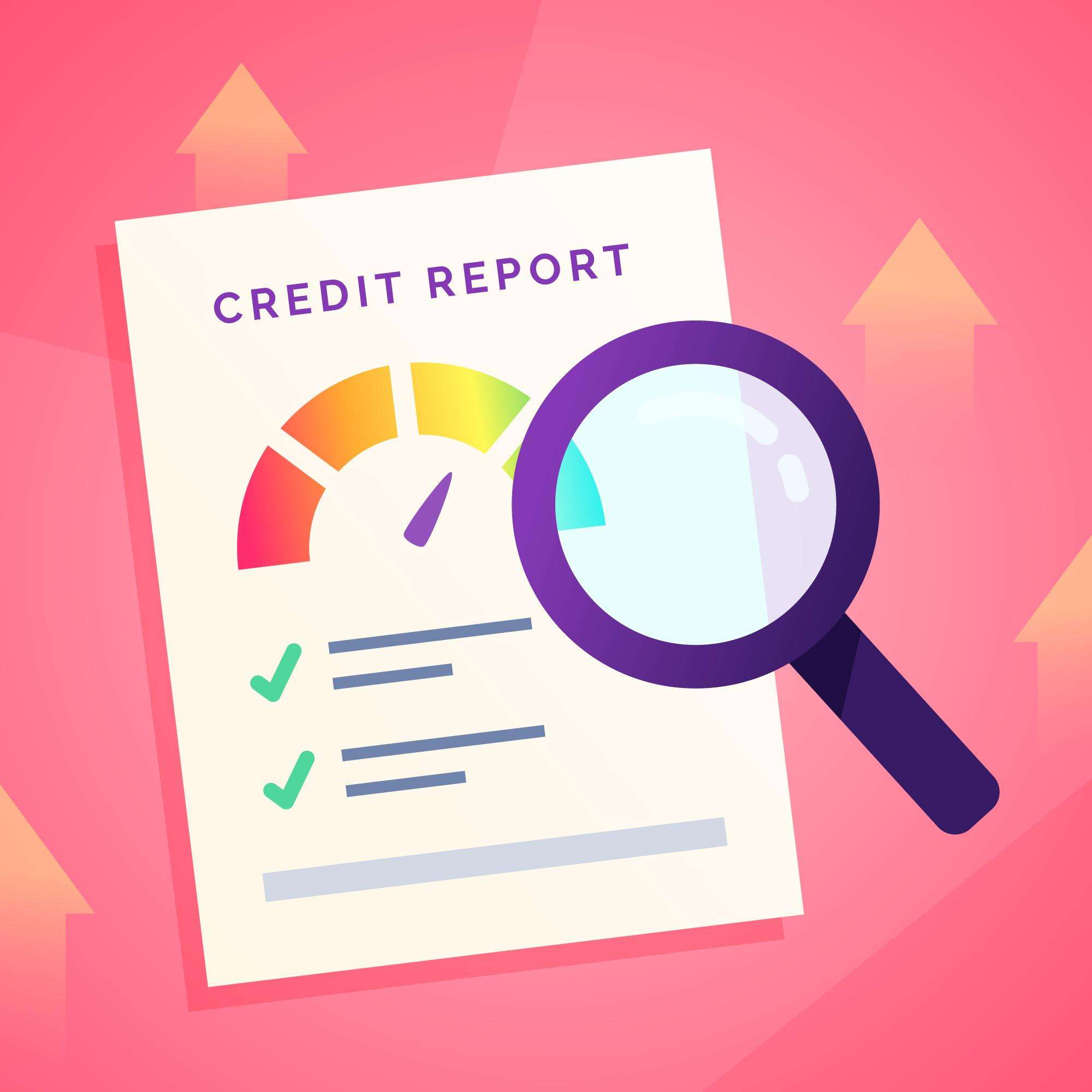- 12 September 2023
- 1 Comment
- 910
Entrepreneurial Dreams: A Guide to Startup Business Loans

Hi, I’m Nabeel — a seasoned Chartered Accountant with a remarkable 17-year journey through the worlds of investment banking, management consulting, and entrepreneurship. In this blog post, I’m your guide on a journey to explore the path of Startup Business Loans that can turn your entrepreneurial dreams into reality. Starting a business from scratch can be an exhilarating journey, but it often comes with significant financial challenges.
Fortunately, there are various startup business loan options available to help budding entrepreneurs turn their innovative ideas into thriving enterprises. In this article, we will delve into what a startup business loan is, what constitutes a startup business, and explore the most relevant loan options for entrepreneurs.
What is a Startup Business?
Before we delve into startup business loans, it’s essential to define what a startup business is. A startup is a newly established company with innovative ideas, products, or services designed to meet a market need. Startups are characterized by their potential for rapid growth, disruptive business models, and a focus on scaling their operations to achieve market leadership.
Key features of a startup business:
- Innovation: Startups often introduce innovative solutions or technology to address market gaps or problems.
- Scalability: They have the potential to scale their operations quickly, typically with the goal of achieving substantial growth.
- Limited Operating History: Unlike established businesses, startups have a short or non-existent operating history.
- Entrepreneurial Spirit: Startups are founded by passionate and driven entrepreneurs willing to take calculated risks.
What is a Startup Business Loan?
A startup business loan is a financial tool designed specifically to provide capital to new and emerging businesses. These loans can help entrepreneurs cover essential expenses such as product development, marketing, hiring employees, and acquiring necessary equipment or technology. Startup business loans are typically unsecured or require minimal collateral, making them accessible to businesses with limited assets.
Key Features of Startup Business Loans:
- Unsecured Loans: Most startup loans are unsecured, meaning they don’t require collateral. While this reduces risk for entrepreneurs, it may result in higher interest rates.
- Credit Evaluation: Lenders often assess the personal credit history and financial stability of the business owner when granting startup loans.
- Loan Amount Variability: Startup loan amounts can range from a few thousand dollars to several million, depending on factors like the lender’s policies, the business plan, and the borrower’s creditworthiness.
Startup Business Loan Options
Now, let’s explore some of the most relevant and important Startup Business Loan options available to entrepreneurs:
Line of Credit:
- Definition: A business line of credit provides access to funds up to a predetermined limit, allowing you to borrow as needed, much like a credit card.
- Benefits: It offers flexibility with revolving credit, and you pay interest only on the amount withdrawn.
- Eligibility: Lenders may consider businesses operating for as little as two to six months, but they often assess the business owner’s personal credit score (usually between 600 and 640).
SBA 7(a) Loans:
- Description: SBA 7(a) loans, offered by SBA-approved lenders, provide small business loans with potential amounts of up to $5 million and repayment terms of up to 25 years.
- Use: Funds can be used for equipment purchase, real estate acquisition, working capital, and more.
- Credit Score: While the SBA doesn’t set a minimum credit score, having a personal FICO Score of 680 or higher improves approval chances.
- Stats: Over the past five years, the SBA has observed notable trends in loan approval rates among U.S. states. In data spanning from 2018 to 2022, Georgia takes the lead, securing the top spot with the highest average 7(a) loan approval amount, which stands at $840,145. SBA 7(a) Loan Approval Across Industries (Data Source: U.S. Small Business Administration)
Microloans:
- Overview: Microloans are typically smaller loans, often below $50,000, offered by the SBA or nonprofit organizations specializing in supporting small businesses.
- Evaluation: Lenders consider factors beyond credit scores, including business plans, location, industry, and the management team’s track record.
- Use Case: Ideal for startups seeking modest capital injections.
Short-Term Loans:
- Definition: Short-term business loans come with shorter repayment periods, typically three to 24 months.
- Purpose: These loans are suitable for addressing short-term financial needs, such as cash flow gaps or seasonal income fluctuations.
- Interest Rates: Interest rates on short-term loans vary but can range from 7% to 50% or more, depending on the lender.
Equipment Financing:
- Explanation: Equipment financing assists business owners in purchasing machinery or equipment, with the equipment itself serving as collateral.
- Credit Score: Many online lenders require a credit score in the 600s, along with a minimum of six months in business and specified annual revenue.
Merchant Cash Advance (MCA):
- Overview: MCAs aren’t traditional loans but arrangements where a lump sum is provided, and repayments are collected based on a percentage of daily credit card and debit card sales.
- Eligibility: Businesses with substantial daily card sales volumes may qualify, but MCAs often come with high costs, including APRs in the triple digits.
Invoice Factoring:
- Definition: Invoice factoring involves selling a portion of an invoice’s value to a factoring company, which advances you a percentage (usually 70% to 90%) and collects the remaining amount from your customers.
- Benefit: It provides immediate cash flow, but is typically available only for B2B businesses.
Business Credit Cards:
- Explanation: Business credit cards are tailored for business expenses, with the issuer assessing your personal credit score during application.
- Perks: Business credit cards often offer rewards, points, and perks, but some may have annual fees.
Personal Loans and Financing:
- Options: Personal savings, personal loans, 401(k) loans, and home equity loans/HELOCs can be sources of personal funds to kickstart your business.
- Considerations: These options can be easier to access but come with personal financial risks, including higher interest rates and potential collateral requirements.
Essential Qualifications for Securing a Startup Business Loan
Securing a small business loan is a pivotal step for entrepreneurs, but it’s crucial to understand that each lender may have distinct requirements. In this section, we’ll outline the key factors commonly considered when applying for a startup business loan. These elements are crucial in determining your financing eligibility and ensuring a smoother application process.
Credit Score
- Importance: Lenders assess your creditworthiness through your credit score, especially if your business lacks an established credit history.
- Minimum Score: While requirements vary, a personal FICO Score in the 600s is often preferred for loan qualification. Some lenders may accept scores as low as 500, but higher scores improve your chances and may lead to more favorable terms.
- Tip: To enhance your credit score, manage your personal finances responsibly, pay bills on time, and maintain low credit card balances.
Tax Returns and Financial Records
- Significance: Lenders evaluate your financial stability and income to ensure repayment capability.
- Annual Revenue: Lenders typically have annual revenue requirements, ranging from $36,000 to $100,000 or higher. Robust accounting practices using small business accounting software can help track income and expenses.
- Startup Grants: If your business lacks a revenue stream, consider applying for small business grants to kickstart your operations and meet lender requirements.
Time in Business
- Importance: The term “startup” can be misleading; many lenders require a minimum operational history to assess your business’s stability.
- Typical Requirement: Most lenders expect you to be in business for at least six months before qualifying for financing. However, some specialized lenders, like Taycor Financial, don’t have strict time-in-business requirements for certain types of financing, such as equipment financing.
- Tip: Even if you’re a brand-new company, explore lenders with flexible criteria to find suitable financing options.
Business Plan
- Relevance: Your business plan provides insight into your company’s goals, mission, and growth strategy, demonstrating your commitment and vision to potential lenders.
- Expectations: Lenders often request a well-structured business plan that outlines your business model, target market, marketing strategy, financial projections, and repayment plan.
- Tip: Craft a comprehensive business plan that showcases your business’s potential for success and how you intend to utilize the loan effectively.
Comparing Startup Business Loans: Tips for Success
As you embark on your journey to secure a startup business loan, consider these valuable tips for effective comparison and decision-making.
Repayment Duration:
- Importance: The length of your loan repayment term can significantly impact your financial planning and business stability.
- Variety: Repayment terms can span from a few months to up to 25 years, especially for loans backed by the U.S. Small Business Administration (SBA).
- Tip: Align the repayment duration with your business goals and revenue projections. Longer terms may offer lower monthly payments but potentially higher overall interest costs.
Interest Rates:
- Significance: The interest rate on your business loan directly influences the total cost of borrowing.
- Variability: Interest rates vary among lenders and loan types, making it essential to explore multiple options.
- Tip: Conduct thorough rate comparisons to identify the most competitive option. Lower interest rates can lead to significant savings over the life of your loan.
Repayment Structure:
- Relevance: The repayment schedule determines how you’ll manage loan payments, impacting your cash flow.
- Options: Most loans require regular principal and interest payments over the loan term. However, some loans offer flexibility, allowing interest-only payments initially and transitioning to principal plus interest payments.
- Tip: Choose a repayment structure that aligns with your business’s cash flow projections. Early interest-only payments can ease the startup phase’s financial burden.
Collateral Requirements:
- Importance: Collateral is security for the lender, and the requirements can vary significantly.
- Assets as Collateral: Collateral can include real estate, inventory, equipment, accounts receivable, or other valuable assets.
- Tip: Assess your comfort level with collateral requirements. Some lenders may mandate collateral, while others offer unsecured loans. Consider the potential risks and benefits associated with collateral-based financing.

Steps to Obtain a Startup Business Loans
Here’s a general outline of the steps to secure a startup business loan:
- Identify Funding Needs: Determine the type and amount of financing required for your startup.
- Evaluate Eligibility: Review eligibility criteria based on your business’s stage and your personal financial situation.
- Research Lenders: Compare lenders, considering loan types, interest rates, terms, fees, and reputation.
- Gather Documents: Prepare necessary documentation, including personal and business information, financial statements, and business plans.
- Submit Your Application: Apply to your chosen lender and provide the required documents.
- Review Offers: Compare loan offers to select the most suitable option.
- Understand Terms: Thoroughly review the loan agreement, ensuring you understand the rates, terms, fees, and repayment schedule before signing.
Alternative Funding Options for Startups
If traditional loans aren’t feasible, explore these alternative funding options:
- Grants: Research startup business grants from foundations, government agencies, or incubator programs. These offer non-repayable funds.
- Friends and Family: Borrowing from trusted individuals who understand your business plans can be a personal financing option.
- Credit Cards: Use business credit cards for short-term financing but be cautious about accumulating high-interest debt.
- Crowdfunding: Leverage platforms like Kickstarter for rewards-based crowdfunding or consider equity crowdfunding for capital infusion.
Explore Startup Loan Options With Some Leading Banks
OnDeck: Getting funds through OnDeck is fast and simple
Mabrey Bank: Tailored Loans and Personal Service
Bluevine: Elevate your business with a line of credit.
Huntington: From lines of credit to term loans, we offer solutions and insights that will help you succeed.
American Express: Pay only for what you borrow.
![]()
Selecting the right startup business loan is a critical decision that can significantly impact your business’s growth and success. Carefully evaluate your business needs, financial situation, and eligibility criteria when considering these loan options. Remember that the type of funding that suits your startup best depends on your unique circumstances and long-term goals. Properly chosen, a startup loan can be a vital tool in building a thriving business.





1 Comments
[…] a remarkable 17-year journey through the worlds of investment banking, management consulting, and entrepreneurship. In this case study, we will delve into the infamous Toyota Recall Crisis of 2010, examining its […]